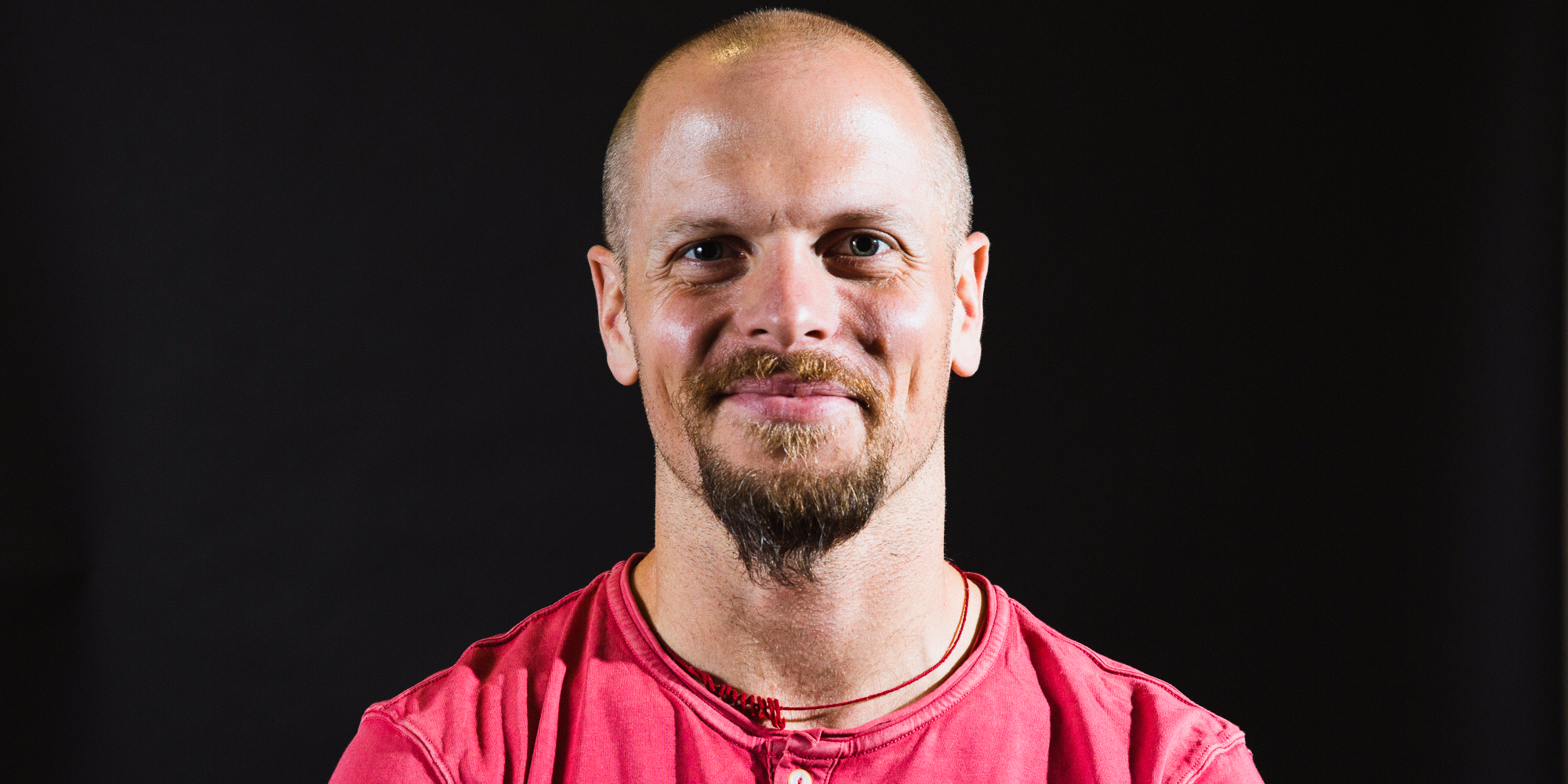- Bestselling author and star podcast host Tim Ferriss told us the past year was a personal and professional turning point for him.
- While compiling his new book “Tribe of Mentors,” he realized that the happiest people he met had a self-acceptance that other successful people didn’t.
- He has been practicing restraint when an emotion or thought impulsively strikes him.
For the past 10 years, Tim Ferriss has made a career of learning from the best in their fields, testing their lessons in his own life, and passing on the ones that stick to his millions of fans.
In the last year, he’s been more introspective about that approach than usual, he told us for an episode of Business Insider’s podcast “Success! How I Did It.” His career-defining book “The 4-Hour Workweek” turned 10, he turned 40, and a couple of his friends died.
Listen to the full episode here, or listen later with the buttons below:
As he compiled insights for his new book "Tribe of Mentors," he told us, he came to find their wisdom as useful to his own life as it would be for his readers. He also had the realization that people could achieve incredible success by making themselves a tool for accomplishment, but that what separated those people from those who were truly happy and satisfied was a degree of self-acceptance and peace.
Ferriss said he found himself in the former camp and decided that he no longer wanted to be going from one hollow "victory" to the next.
He decided then, to be mindful of both his own intentions and desires as well of those of the people he interacts with. What he is working, he explained, is essentially a practical, secular version of a fundamental Buddhist teaching about empathy.
Ferriss told us that he used to read passages about compassion by Buddhist writers and think, "OK, if you're sitting in a monastery, where your schedule is set and you have very few uncontrolled variables, that's fantastic that you can do loving/kindness meditation, but that's not the world I live in."
He shed that cynicism after recently coming to terms with the idea that success without happiness or purpose was draining, and that empathy was a way of staying away from pessimism.
Now, he said, he will confront rather than engage an impulsive thought or emotion, considering it logically before acting.
He gave a simple, minor example: He's in line at Starbucks and someone aggressively cuts him and is rude to the employees. The impulse is anger and the thought that this is a bad person who enjoys belittling others; instead of starting an argument or making a snide remark, Ferriss will allow for the thought that this person may be suffering over a problem like a loved one in the hospital.
"And lo and behold, if you look at it through that other lens, you start to find other plausible explanations, right?" he said. "And I think that's really important for personal contentedness, inner peace, as an individual, but also just for conflict minimization in general. It's very easy to jump to conclusions, so you have to train yourself - it is a practice - to habitually ask those types of questions."
He said that what has helped him hone this self-control is a daily 20-minute morning meditation practice, and he's finding this new compassionate approach "to be very very very valuable in my own life."

